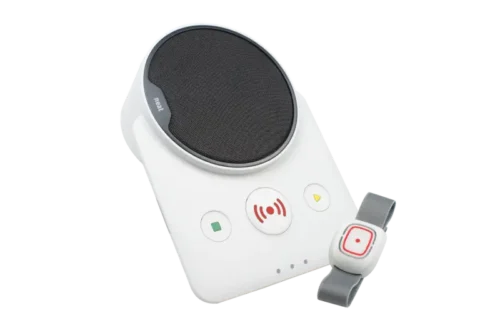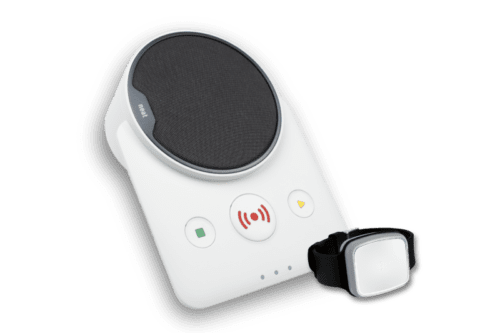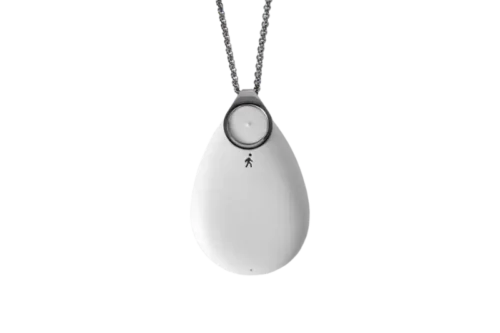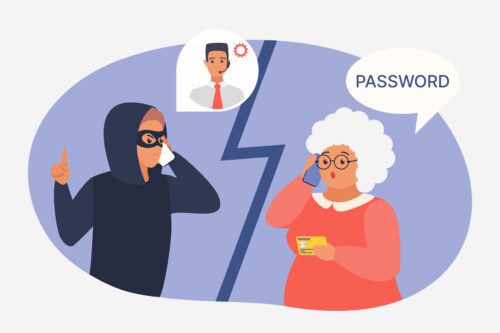
There are not many people who actively look forward to the aging process. There are a litany of products that exist for anti-aging. Products such as wrinkle prevention and removal creams, hair dyes, and skin revitalizers are all available because of a fear of ageing. In fact, there is a term for those with an obsessive fear of ageing: gerascophobia. The cold truth is that we all age if we are lucky enough, as nothing in life is guaranteed.
Because ageing is inevitable, we all have understandable fears about how it will affect us. From how our health risks may change to how our physical appearance will change, many results of ageing can be nerve-racking. According to the latest UK census, 11 million residents were aged 65 and over. This means that fears of ageing are real as the elderly population is growing steadily.
Worrying about things that will happen when we age will not change a thing. If anything, it will cause more stress than we can handle. Thus, below are eight common things people worry about as they get older and what to do about them.
-
- Bone and Joint Issues
Our joint health matters. Without our joints, we would be stationary. When our joints start to age, wear and tear occurs.  This is in part due to the decrease in bone density as we age, which can lead to an increase in the risk of fracture.
This is in part due to the decrease in bone density as we age, which can lead to an increase in the risk of fracture.
In addition, due to a lack of cushioning in our joints that leads to bone-on-bone contact, we may also develop arthritis or require hip and knee replacements as we age.
However, this does not have to be the case. According to Medicine Net, walking and lifting weights can help us avoid these issues. How much is unknown, but the reasoning is that the stronger our muscles and bones are, the less likely a fracture or disease may occur. So speak with your doctor about an exercise regimen to keep your bones in great shape!
-
- Eyes and Ears
During the ageing process, our vision and hearing change. That image that was once clear from afar may now be blurry, and we may mishear words.  This can certainly be a scary prospect when we are used to a clear field of vision and crisp hearing. If you find yourself straining to see things or turning the volume up louder and louder just to make out words, it may be time to see a doctor. Don’t fret, however, as there are plenty of options available to help with these concerns.
This can certainly be a scary prospect when we are used to a clear field of vision and crisp hearing. If you find yourself straining to see things or turning the volume up louder and louder just to make out words, it may be time to see a doctor. Don’t fret, however, as there are plenty of options available to help with these concerns.
From medication to hearing aids to minor procedures, you can stay in concert with the world around you. Plus, you can avoid some of these issues by taking time away from watching television, going on the computer, or listening to loud things every so often.
-
- Digestion and Metabolism
Our metabolism slows during ageing. This means that we may not burn food as fast as we used to. Plus, our digestion can become more problematic. This can include gastroesophageal reflux disease, which is when parts of the oesophagus do not close properly or the stomach leaks back acid.
In order to manage this, medication may be in order. However, preventative methods such as eating a well-balanced diet not rich in fatty foods are important. Exercise can help make up for a slower metabolism as well.
-
- Heart Disease
According to the latest statistics, 12.3 million people in the UK are at risk of type 2 diabetes.  This not only raises a person’s risk for developing heart disease and stroke but can also lead to heart attack, loss of vision, limb loss, and other issues when not managed during ageing.
This not only raises a person’s risk for developing heart disease and stroke but can also lead to heart attack, loss of vision, limb loss, and other issues when not managed during ageing.
The very first thing any doctor will prescribe when they sense you are in danger of developing this condition is exercise and diet. This is the best way to prevent heart disease. Despite our best efforts, as we age we can still run into high blood pressure, cholesterol, or high blood sugar levels, which all negatively affect our health. In this case, speaking to a doctor to come up with a treatment plan will be your best option. The earlier you take care of yourself, the better you will be as you age.
-
- Urogenital
Ask any person older than you how their urination changed as they aged. You’ll probably hear stories about having to go to the bathroom more frequently. This can be because of loss of bladder control, which is common in one of every ten people over 65. Other issues, such as infection, can cause bladder issues, and in most cases, they are curable or controllable, so speak to your doctor about your options.
This is important because there may be an underlying cause, such as an enlarged prostate in men, that can cause bladder control issues that will need to be addressed.
-
- Dental
In your youth, you may have had a cavity or tooth issue. As you age, the dangers to your teeth become more serious. From gum disease to tooth loss, the concern is valid. When we do not brush and floss regularly, we let plaque build-up. This builds up and erodes the gums and teeth over time, which can lead to tooth loss and painful dental procedures.
Take care of your teeth. Floss and brush twice a day, and use mouthwash. Make it a habit now if you already do not do this. It will save you time, money, and worry in the long run.
-
- Skin
Dry skin is a real concern as we age. Exposure to the sun, smoking, and stress can cause dry skin. And low humidity due to overheating in the winter and overcooling in the summer does not help. Dry skin can be itchy, scaly, and wholly uncomfortable. Protect yourself by using sunscreen, humidifiers, and skin lotion regularly.
Two other major skin concerns should be noted: Skin cancer and shingles.
As people age, their risk of developing melanoma increases. The average age of people diagnosed with it is 65 years old. It is nevertheless not uncommon for people who are younger than 30 to develop melanoma. In fact, it’s one of the most common cancers in young adults (especially for young women). This makes it a real concern because when not treated the right way, it can spread to other areas of the body and become deadly. To prevent this, visit a dermatologist regularly to examine you for potential skin cancer, and wear sunscreen and protective clothing when out in the sun.
Shingles are like chickenpox. The difference is that chickenpox happens in children, while shingles occur in people over 50. One in five of people who have chickenpox will get shingles. It can be painful and debilitating. Because the virus remains dormant in us, you should not only be aware of your chickenpox history but also get a shingles vaccine.
-
- Functional Abilities
This may be the biggest concern as we age: our ability to function as a normal, independent individual. Driving gets harder as we age due to changes in our vision and our ability to react quickly. So do other normal activities, such as running errands. Thankfully, technology is here to assist us.
At Telecare24, we have monitoring systems that help loved ones keep an eye on ageing people and get them the help they need. Use of grocery delivery, shopping online, and medical technologies can allow us to live independently longer. Speak to your doctor about your options.
If you have questions or concerns about your ageing loved one, or have the desire to help your loved one be ready in case of an emergency, feel free to contact us. We will listen to your concerns and let you know how our personal alarms can help you address them. We are a phone call or email away.









